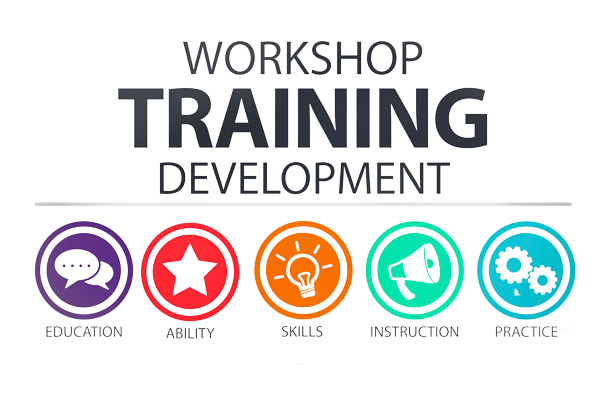
Parenting Workshop
Ask any parent and they will tell you what a huge responsibility it is to raise a child. Taking care of the child’s health needs and putting him or her in the right school does not complete the job. Effective parenting entails holistic development of the child, which is not an easy task. With the impact of changing times on children, parents of today encounter new challenges, leaving them in a fix about ways to cope with them.
With increasing consciousness and awareness about child rearing, certified educators and trainers are now joining hands with parents to guide them through the parenting journey and assist them in adopting the right approach to ensure their child’s well-being. Most of these workshops involve interactive coaching sessions with parents, where they are counselled and trained on various issues associated with children, from education to behavioral tendencies.
Montessori Workshop
The
Five Principles
Principle 1: Respect for the Child
Respect for the Child is the major principle underlying the
entire Montessori method. Montessori believed children should be respected (not
common practice in the early twentieth century). Respect is shown for children
by not interrupting their concentration. Respect is also shown by giving
pupils the freedom to make choices, to do things for themselves, and to
learn for themselves. Teachers model respect for all students as well as
peaceful conflict resolution, and must learn to observe without judgement.
Principle 2: The Absorbent Mind
Montessori education is based on the principle that, simply
by living, children are constantly learning from the world around them. Through
their senses children constantly absorb information from their world. They then
make sense of it because they are thinking beings.
Principle 3: Sensitive Periods
Montessori pedagogy believes there are certain periods during
which children are more ready to learn certain skills. These are known as
sensitive periods, and last only as long as is necessary for the child to acquire
the skills. The order in which sensitive periods occur (i.e. a sensitive period
for writing) as well as the timing of the period varies for each child. Through
observation, Montessori teachers must identify sensitive periods in their
students and provide the resources for children to flourish during this time.
Principle 4: The Prepared Environment
The Montessori method suggests that children learn best in an
environment that has been prepared to enable them to do things for themselves.
Always child-centred, the learning environment should promote freedom for
children to explore materials of their choice. Teachers should prepare the
learning environment by making materials and experiences available to children
in an orderly and independent way.
Principle 5: Auto education
Auto education, or self-education, is the concept that children are capable of educating themselves. This is one of the most important beliefs in the Montessori method. Montessori teachers provide the environment, the inspiration, the guidance and the encouragement for children to educate themselves.
.
